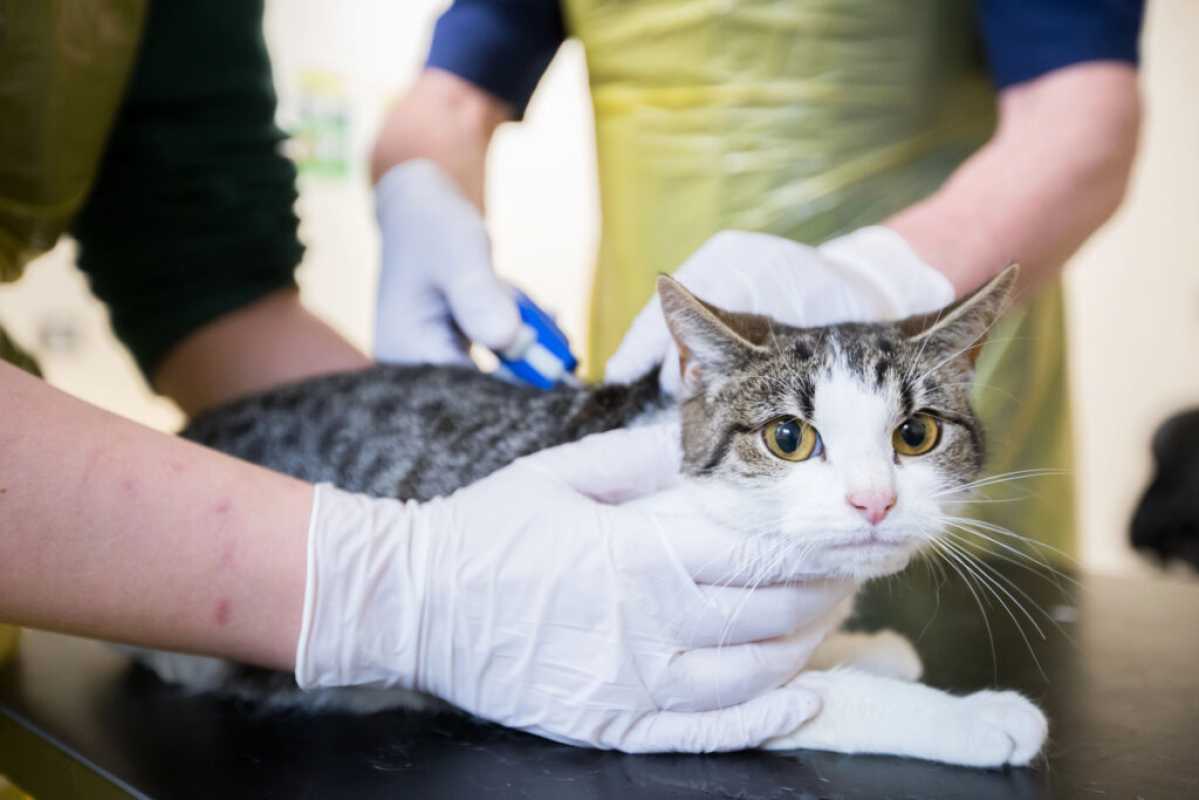News
New Microchipping Legislation Affects Over 2 Million Cats in England

A new law impacting the microchipping of cats in England has been put into effect, affecting a significant portion of the cat population. Cats Protection, a prominent animal charity, reports that over 2 million cats in England are still not microchipped despite the new regulations.
As of June 10, every pet cat in England must be microchipped before reaching 20 weeks of age. The legislation aims to boost the chances of reuniting lost pets with their owners and serve as a deterrent against pet theft. Cats Protection highlighted that microchipping is currently not mandatory for free-living cats that have minimal interaction or dependency on humans.
Owners who fail to comply with the new law face potential fines of up to £500. The grace period for getting cats microchipped after being found without a chip is 21 days before the fine is enforced. Typically, the cost of microchipping a cat by a veterinarian ranges from £20 to £30.
Madison Rogers from Cats Protection emphasized the importance of microchipping, citing that many cats go missing each year, leading to dire outcomes for these felines living without care on the streets. Collars, commonly used for identification, can pose risks of getting lost or damaged, unlike microchips which can remain with the cat for its lifetime.
Alice Potter, a cat welfare expert at the RSPCA, expressed the need for microchipping to prevent cats from being separated from their owners. Outdated contact information stored in microchips can lead to prolonged stays in shelters for lost cats, underscoring the significance of maintaining accurate records linked to the microchip.
An anecdote shared by Sandra Sinclair from Tooting, London, highlighted the efficacy of microchipping. Her cat, Nutmeg, was found in Ascot, Berkshire, after going missing. Thanks to the microchip, Nutmeg was safely reunited with his family despite the considerable distance he traveled.












